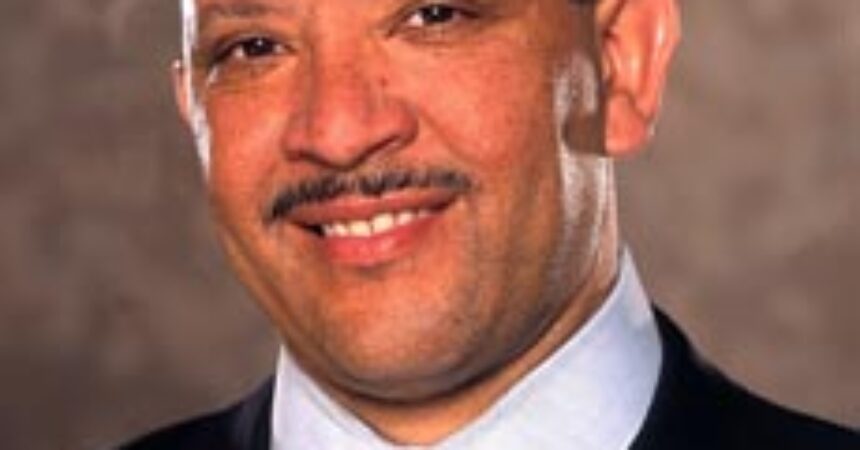
To be equal
A failure to prosecute Trump would be a failure of justice of historic proportions

Saving American democracy for the long run requires a clear condemnation of the Trump presidency. That means making clear that no one is above the law … Presidents also need a clear message, one that will echo through history, that breaking the law in the Oval Office will actually be punished.” — Boston Globe Editorial Board
As the nation marked the second anniversary of one of the darkest days in our history, the January 6 Insurrection, a feeble Republican majority attempted to assume control of the House of Representatives and the House Select Committee to Investigate the Insurrection formally concluded its work.
Now it is up to the Special Counsel Jack Smith and his team of Justice Department prosecutors to act on the committee’s recommendation that former President Donald Trump be prosecuted on criminal charges of Obstruction of an Official Proceeding, Conspiracy to Defraud the United States, Conspiracy to Make a False Statement, Incitement of an Insurrection, and other conspiracy charges.
In addition to the committee’s report, which outlines the damning evidence against Trump, Smith’s team has received emails, letters and other documents from election officials in battleground states who were subjected to false accusations of fraud and pressure to falsify election results.
A failure to prosecute Trump in the face of this extensive documentation of his misdeeds would be a failure of justice of historic proportions and a catastrophic subversion of the principle of equal treatment under the law.
Criminal prosecutions are intended not only to punish individuals for their offenses, but also to deter them and others from engaging in the same conduct in the future.
The federal prosecution of a former president – particularly by the administration of a political adversary – should not be undertaken lightly. But the case against Trump is so clear-cut, and the consequences so profound that Smith has no other rational option.
Though Trump has publicly denied it, his decision to run for president a third time is widely perceived as an attempt to avoid prosecution – though one unlikely to succeed.
“It is his intention by announcing that to retard criminal cases,” retired federal prosecutor Thomas Baer told The Daily Beast. “He thinks that if he is running for president this will cause prosecutors to drop their cases or think twice because it could be interpreted as political, a reaction to his running. The answer is: No, they will not hold back.”
According to the evidence gathered by the Jan. 6 Committee, Trump knew the Vice President had no unilateral authority to prevent certification of the election. He knew Vice President Pence could not lawfully refuse to count votes under the Electoral Count Act. He knew he had lost more than 60 lawsuits seeking to invalidate election results. He knew his Justice Department, his campaign, and his advisors had concluded that there was insufficient fraud to alter the election’s outcome. He knew that no State legislature had taken or attempted any official action that could change a State’s electoral college votes.
Nevertheless, Trump recruited tens of thousands of his supporters, most of them angry and some of them armed, to march to the Capitol on January 6 and “fight like hell.” As the deadly violence he incited raged on for hours, he ignored the desperate pleas of his advisors that he make a public statement instructing his supporters to disperse and leave the Capitol.
“Through action and inaction, President Trump corruptly obstructed, delayed and impeded the vote count,” the committee wrote in support of the charge of Obstruction of an Official Proceeding.
The charge of Conspiracy to Defraud the United States is based upon a likely agreement between Trump, his lawyer, John Eastman, and others to carry out an illegal plan to have legitimate electors from seven states rejected and replaced with fake electors. This plan to submit slates of fake electors to Congress and the National Archives also is the basis for the charge of Conspiracy to Make a False Statement.
As for the charge of Inciting an Insurrection, “President Trump was directly responsible for summoning what became a violent mob to Washington, D.C., urging them to march to the Capitol, and then further provoking the already violent and lawless crowd with his 2:24 p.m. tweet about the Vice President,” the committee write, in reference to Trump’s complaint that “Mike Pence didn’t have the courage to do what should have been done.” When told that the crowd was chanting “Hang Mike Pence,” Trump responded that perhaps the Vice President deserved to be hanged. He has since promised to pardon those convicted for their involvement in the attack.
It’s clear that Trump believes he is above the law. If he is not held accountable for his efforts to subvert democracy through violence and deception, he is almost certain to try it again – and others will follow his example. It’s a larger question than whether Trump deserves to be punished – which he most certainly does – but whether democracy will endure in the United States.







